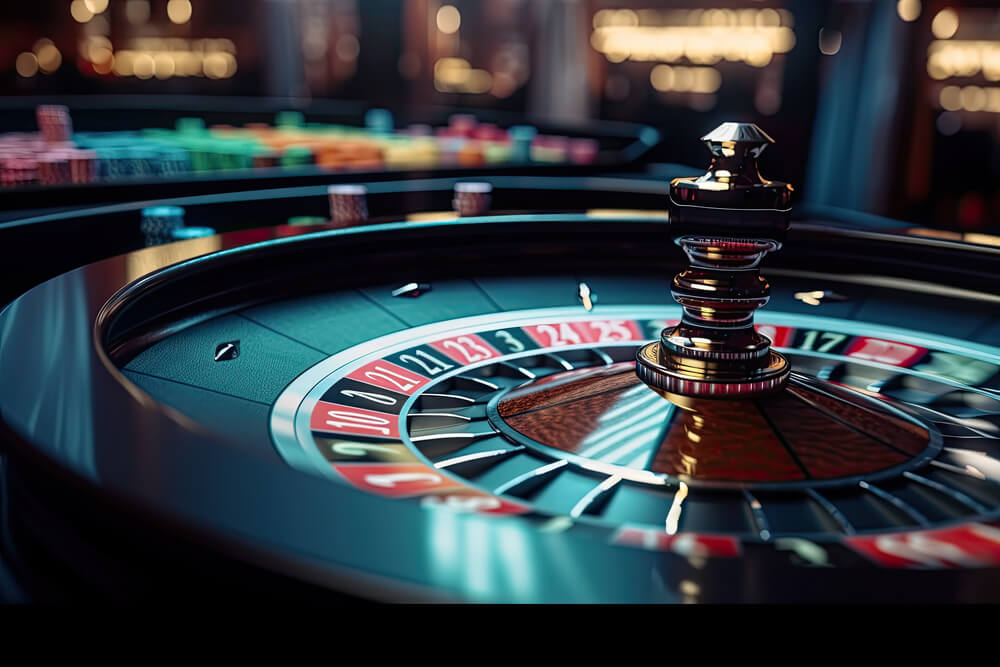
Casino games have long captured the interest of people around the world, becoming an integral part of both fun and society. From the shimmering lights of the Vegas Strip to the immersive experience of internet gambling, these games evoke enthusiasm, risk, and sometimes even a sense of sentimentality. They are more than simply hobbies; they have woven themselves into the tapestry of human experience, influencing everything from film and melodies to fashion and writing.
The charm of casino games surpasses the betting aspect, tapping into broader themes of serendipity, chance, and human behavior. As players gather around a poker table or turn the roulette, they engage in an ancient ritual that echoes with our collective desire for thrill and uncertainty. This fascination has led to the growth of numerous references in films, tracks, and electronic games, showcasing how intensely entrenched these pastimes are in popular culture. Whether it is the intense drama of a classic caper or the colorful nightlife portrayed in recordings, casino games have carved out a substantial role that reflects our connection with risk and reward.
Social Impact of Casino Games
Gambling activities have played a crucial role in cultural contexts throughout history. Ga179 Originating from old societies, games of chance were often connected to rituals or gatherings. For example, early iterations of these activities can be linked back to ancient Chinese and the Roman Empire, where die games and betting on results were common pastimes. These activities not only served as entertainment but also as means of connecting people, facilitating relationships among individuals within societies.
As societies evolved, so did the sophistication and organization of gambling games. The establishment of official casinos in the 17th century, particularly in the Italian region, marked a notable shift in how games were perceived and organized. With designated spaces for gambling, the casino became a social hub where people from different backgrounds gathered. This evolution contributed to the legitimization of gambling, transforming it from a mere pastime into an established industry that influenced the economy and policy.
The effect of casino games on popular culture cannot be understated. As they were brought into the limelight in literature and film, games such as poker and 21 became symbols of chance, chance, and strategy. Iconic characters and narratives have emerged around these activities, illustrating societal views towards luck, wealth, and vice. This fascination with casino games has infiltrated various forms of media, cementing their status in the public imagination and connecting them to broader cultural narratives throughout history.
Representation of Gambling Games in Media
Gambling games have long been a popular subject in different types of entertainment, reflecting both the excitement and complexities of the world of gambling. Movies such as Ocean’s 11 and Casino Royal portray characters who navigate high-stakes environments, showcasing not only the appeal of the casino atmosphere but also the methods and judgments that come with playing popular games like poker and 21. These films often dramatize the thrill of winning and the potential results of losing, encapsulating the perils involved in gambling.
Television shows have also explored the universe of casino games, often integrating them into the plot as a setting for story progression and tension. Series like Vegas depict the lives of gambling employees and casino-goers, highlighting the vibrant, often tumultuous energy of the casino floor. Docuseries featuring intense betting contests further emphasize the fascination of casino games, drawing viewers into the excitement and planning involved in each round. Through these portrayals, media not only entertains but also stimulates conversations about fortune, expertise, and the essence of chance.
Digital games have increasingly incorporated gambling activities into their development, allowing players to experience the thrill of betting without monetary loss. Titles within the landscape of digital gaming often include online slot machines, online poker, and other popular casino games, creating an engaging environment that mirrors actual casino experiences. These digital representations make casino games accessible to a worldwide viewer base, appealing to both players who indulge and those who enjoy the thrill of simulation. As a result, the representation of casino games in media continues to shape public perception and importance, highlighting their place in entertainment and the cultural landscape.
Effect of Gambling Activities on Society
Gambling activities have a meaningful impact on society, influencing multiple aspects of culture and interpersonal behavior. They often serve as a platform for community engagement, where people gather to experience a common experience. Casino trips with friends or visits to casinos become social activities that foster connections and create memories. This communal aspect enhances the entertainment value of gambling activities, making them a popular choice for celebrations and leisure activities.
Additionally, gambling activities have been depicted in countless films, television shows, and written works, influencing perceptions and opinions towards gambling and betting. Icons like James Bond competing in baccarat or the intense poker scenes in films have cemented these games in the shared imagination. This representation often idealizes the culture associated with gambling, drawing in new players and influencing trends in both style and conduct. These portrayals can ignite curiosity and lead to a deeper exploration of the nuances of gambling.
However, there are also negative consequences associated with the popularity of casino games. The temptation of quick monetary gain can lead to gambling addiction and financial troubles for some people. The community must grapple with these issues, advocating for responsible gambling and education of the dangers involved. Balancing the entertainment value of casino games with the risks is crucial to ensure that they remain a positive aspect of our cultural landscape.